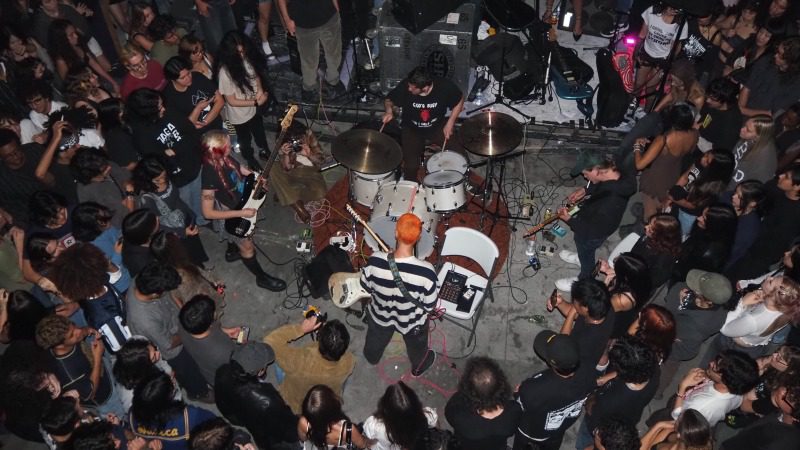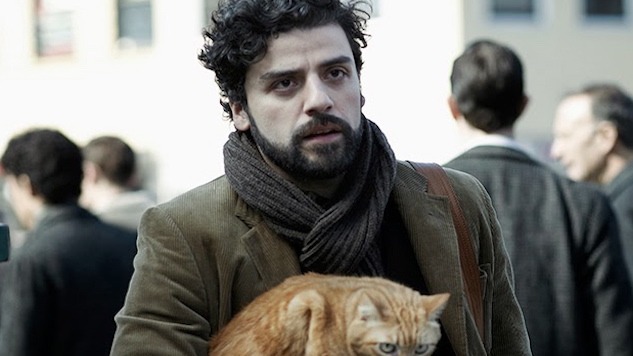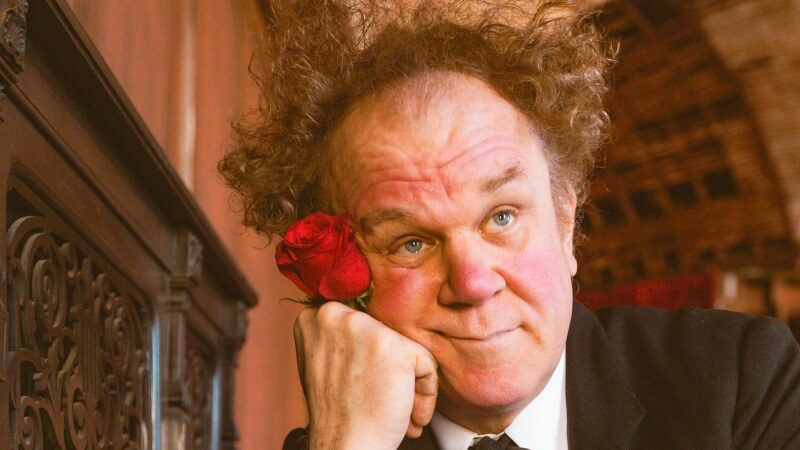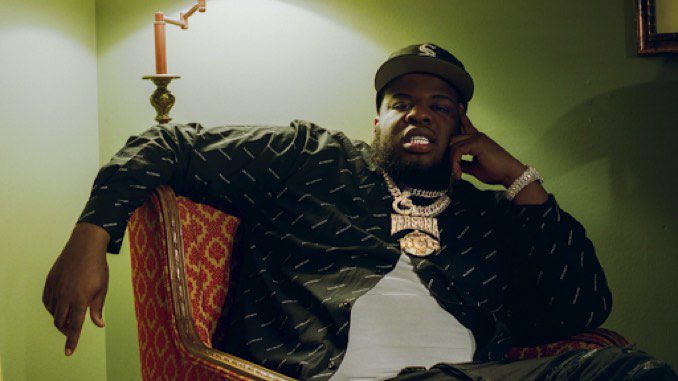There is an irony to how we romanticize the off-grid experience. The idea of abolishing technology is performative more than a goal of any substance, like choosing to write on a typewriter or dishing out inflated plans of ditching your smartphone and moving to a rural town. Most people foster their own fantasy of an offline existence; in mine I churn my own butter and can count the articles of clothing I own on one hand. We entertain these ideas to reckon with ourselves, as if being “self-aware” through expressed anguish offers some sort of flimsy drywall to separate our existence from the ones that show up in dystopian films. We want to trudge through the muck and get off social media; we believe that the only things stopping us are factors like calling a relative, or boarding a plane, or selling a bed frame on Facebook Marketplace. It is always in these moments of drastic proclamations that the pragmatic aspects of submitting to technology’s “get in or get lost” chokehold on culture. We leverage “it’s that damn phone” against ourselves as much as we do disobedient children, assigning full responsibility for life’s woes to a device. No one cares to pay attention to what reflects off the fingerprint-smudged screen when it turns off.
About seven years ago, Doug Dulgarian decided to make his version of an off-grid fantasy (which pulled inspiration from a “half-assed” read of Walden by David Henry Thoreau) a reality. Girded with aspirations of becoming “some sort of spiritual sensei” and a modest meal plan of rice and lentils, he moved to the woods for a month-long dopamine detox. After about three weeks of being “enamored by nature,” the idealized haze of it all quickly wore off, and what remained in the woods was Dulgarian himself. “Too much raw, honest, life self-assessment is fucking awful,” he recounts. “The modern brain cannot simply go back to no dopamine and survive long-term. We’re steeped in this shit.”
Dulgarian tells me the experience revealed to him the “downright terrifying” truth of nature, but what he meant had nothing to do with typical camping frights, like bear sightings or the plot of an eighties slasher film. Rather, it was terrifying to confront the reality that our minds are too far gone for our hollow, cottage-core middle-of-nowhere fantasies, and the reality that our phones are not inherently the villain, but instead a vessel for our own behaviors. Today, Dulgarian’s goals are no longer to entirely rid his existence of dopamine and technology, but rather to learn how he can co-exist with them and still manage to be himself. He tells me the mantra of his latest They Are Gutting A Body Of Water album, LOTTO, is “to be real,” and while he remains adamant that the record is more of an exercise in authenticity than another dramatic attempt at enlightenment, in some ways “being real” in 2025 is just as extreme as fucking off to the woods.
They Are Gutting A Body Of Water began as Dulgarian’s solo project and now exists as a four piece including Emily Lofin, PJ Carroll, and Ben Opatut. Based in Philadelphia, they are peers of bands like Gaadge, Knifeplay, and feeble little horse, all of which fueled early attention on the Keystone State amidst a persistent rise in popularity of gritty, lo-fi ideas of shoegaze. As this “genre” inflates (I keep a running list on my notes app of every niche “-gaze” artist I come across online—it is currently up to twenty-three), Dulgarian explains he hopes LOTTO is also a means of distancing They Are Gutting A Body oOf Water from a sound that echoes today’s shoegaze climate. In short: He wants to move towards something that truly feels like them. After finding it difficult to play the tracks on their last album, s, in a way that was as compelling as their recorded versions, the band decided to dissolve any risk of facing these discrepancies with LOTTO by recording it live.
“I am unsure if some of the themes on the record were a result of the approach, or if the approach was a result of the themes. I don’t really remember, to be honest,” Dulgarian tells me when I ask about the choice to record the album live, and whether that was directly tied to his mission statement of “being real.” “Maybe they were concurrent. I think most things often are. Most of the time steps in one direction move your whole body and mentality at once.” Although Dulgarian says that recording LOTTO live was done from a place of necessity rather than as some grand or premeditated act of authenticity, the route enhances the album’s emphasis on rawness and humanity amidst the capitalism of a homogenized, digital world. It is some of TAGABOW’s most dynamic work yet, offering the kind of charged and bristly experience you seek out in a stained concrete basement DIY show. It’s the kind of experience that remedies a numbed-out brain.
[embedded content]
The notion of being real, and Dulgarian’s time spent in the woods, all feed into another important thread throughout the record: the role of accepting responsibility. TAGABOW teased it immediately on lead single “american food,” when Dulgarian delivers the line, “the benefit of believing you’re bad is that you get somebody to blame.” Whether it’s your sky-rocketing screen-time data or your own perceived character, a redirection of blame—even if not done consciously—is detrimental to growth. Blame promotes a static existence, hindering nuance and prevents us from waking up.
Though Dulgarian’s perspective on accountability pulls from his past with overcoming addiction, his experiences with substance abuse and sobriety have shifted the way he perceives all habits, vices, and spoon-fed fallacies of “convenience.” “When some ‘stigmatized’ shit, like dope or crack, is literally dominating your whole existence, and you’re just sitting shotgun while somebody else is driving in your own life,” he elaborates, “eventually you’re able to kick the habit for a moment, and it becomes apparent pretty fast that the only way to stay clean is to see the patterns for what they are. It’s easy to see the inherent negative aspects of the ‘tamer’ and more socially acceptable shit, because it all kind of makes up who I am, and it’s kind of a life and death pattern recognition thing that I am constantly aware of.”
As he gains more control of his life, a pattern Dulgarian has become especially aware of is the gamification of contemporary life. LOTTO’s title nods to one of the more overt and novel manifestations of this concept, but to Dulgarian, gamification has infiltrated our existence far beyond an occasional Powerball purchase. “Literally all aspects of our lives; from dating to streaming music to staying clean even, have some gamified route of conquering through consumption,” he adds. “And it’s all fueled by further gamification. It’s steeped in advertisements that we just don’t even notice anymore. Is the world worse for it? I don’t know. And honestly I don’t know if I’m trying to answer that question.”
While Dulgarian has graduated beyond the “spiritual sensei” label, he remains adamant that he neither has all the answers nor really wants them. His growth as a person, as They Are Gutting A Body Of Water’s bandleader, and as an artist are tangible; amidst fervent riffs and vulnerable tangents, LOTTO is a heavy but self-assured measurement of that. The record doesn’t hide, nor does it beg for attention or acceptance. In 2021, Dulgarian founded Julia’s War, a record label that has released music of bands like World’s Worst, Total Wife, Fib, and Her New Knife. He credits the endeavor for fending off any sort of image-focused, self-obsessed spirals—which, he tells me, operate from the same despair as substance abuse. Dulgarian may not have the answers, and he may not be enlightened, but on LOTTO he is awake. His existence is not perfect, but it’s also not passive. “I am genuinely not really above convenient and rapid escapes in my day to day life,” he concludes. “I guess being aware of how much they suck the life out of me and preventing them from actually sucking said life out of me are two completely different things. I am just as guilty of buying a scratch off.”
[embedded content]
Manon Bushong is a New York-based writer and co-editor of the music blog, The Ugly Hug.




